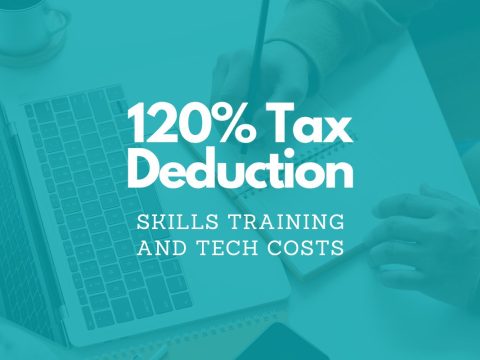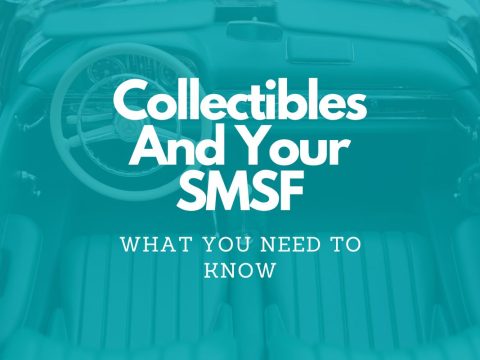Chasing swinging voters: personal income tax cuts, super changes and other 2018-19 Budget measures
Personal Tax Cuts
In a move to attract swinging voters, the Budget has revealed a seven-year personal income tax cut plan commencing from 1 July 2018.
New tax offset
From 1 July 2018, there will be a new Low and Middle-Income Tax Offset (capped to $530 per annum). This will provide a benefit of up to $200 per year for taxpayers earning under $37,000 and up to $530 for those earning between $48,000 and $90,000 per annum. From $90,000, the new offset will phase out at 1.5c per dollar (until $125,333 per year). This measure will run until 30 June 2022.
Change to tax thresholds
From 1 July 2018, there will be an increase of the 32.5% tax rate threshold from $87,000 to $90,000. This will further increase from $90,000 to $120,000 from 1 July 2022. The threshold for the 19% tax rate will also increase from $37,000 to $41,000 from this date.
Future changes
From 1 July 2024, the 37% tax rate bracket will be abolished and the top marginal rate threshold will increase from $180K to $200K. This means that taxpayers would have a tax rate of 32.5% on income from $41,000 to $200,000 (excluding the Medicare Levy).

Polling showed income tax cuts were way down the list of priorities for taxpayers; are you celebrating or questioning these changes?
Superannuation Changes
6-member SMSFs
From 1 July 2019, it is proposed that all SMSFs and small APRA funds will be allowed to have a maximum of six members, an increase from the current limit of four individuals.
SMSF audits
From 1 July 2019, some SMSFs will only be required to have an independent audit conducted on their fund’s financial statements and the fund’s compliance with the supervisory legislation every three years. It is proposed that this requirement will apply to SMSFs with a history of three consecutive years of unqualified audit reports and that have lodged the fund’s annual returns in a timely manner.
Super from multiple employers
Individuals whose income exceeds $263,157 and have multiple employers will be able to nominate that their wages from certain employers are not subject to the superannuation guarantee from 1 July 2018. This measure is aimed at ensuring that unintentional breaches of the $25,000 annual concessional contributions cap do not occur (resulting in excess contributions tax) in circumstances where there are multiple obligations to make compulsory superannuation guarantee contributions.
Work test
An exemption from the work test for voluntary contributions to superannuation will be introduced from 1 July 2019 for people aged 65-74 with superannuation balances below $300,000 in the first year that they do not meet the work test requirements.
Other Changes
Holding vacant land to become more expensive

Have you been holding on to vacant land for future rental development?
The government is targeting taxpayers that engage in land banking (or hold vacant land) by denying a deduction for any costs in holding that land. The government has announced that anyone carrying on a business (or owners that acquire land for use in a primary production business) will be exempted from this proposed law. However, anyone passively holding vacant land for future development from 1 July 2019 will face the denial of deductions for holding costs.
If you have any questions about the above, please feel free to contact us any time.
See our article on 2018-19 Federal Budget measures affecting businesses.




